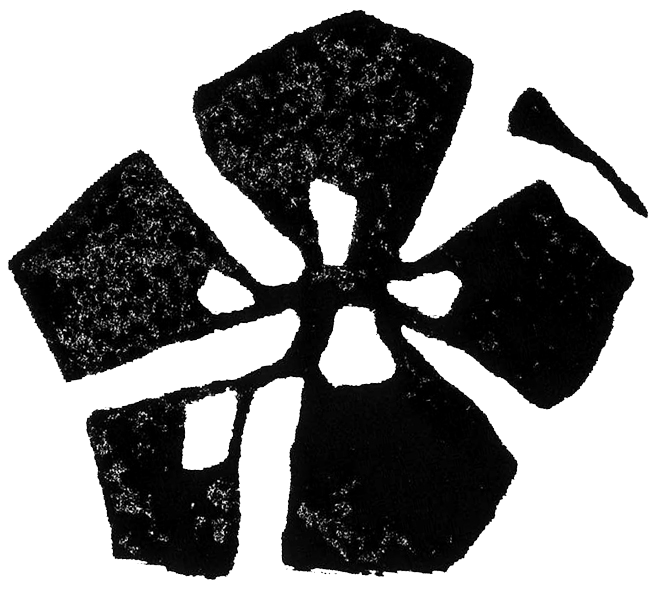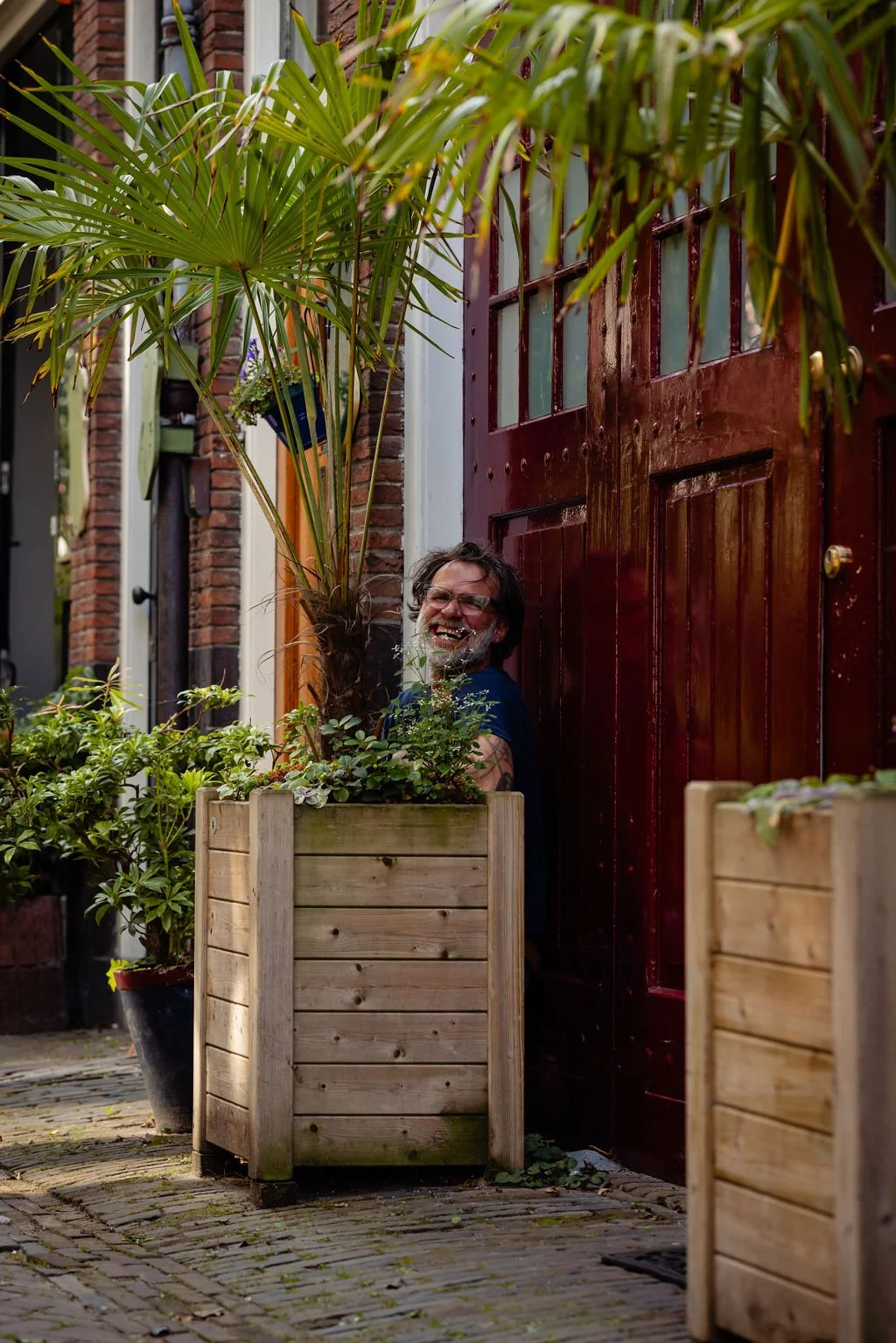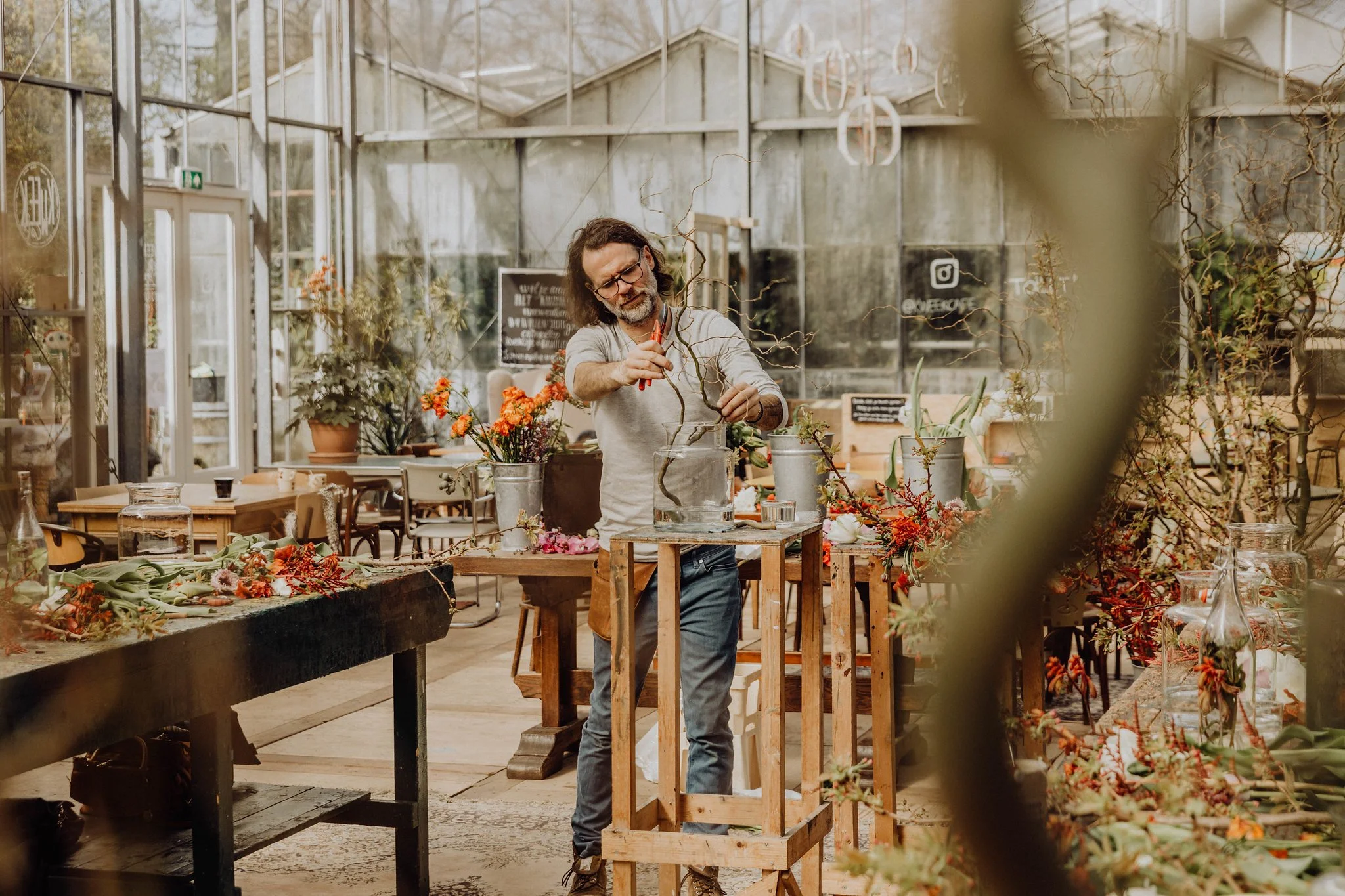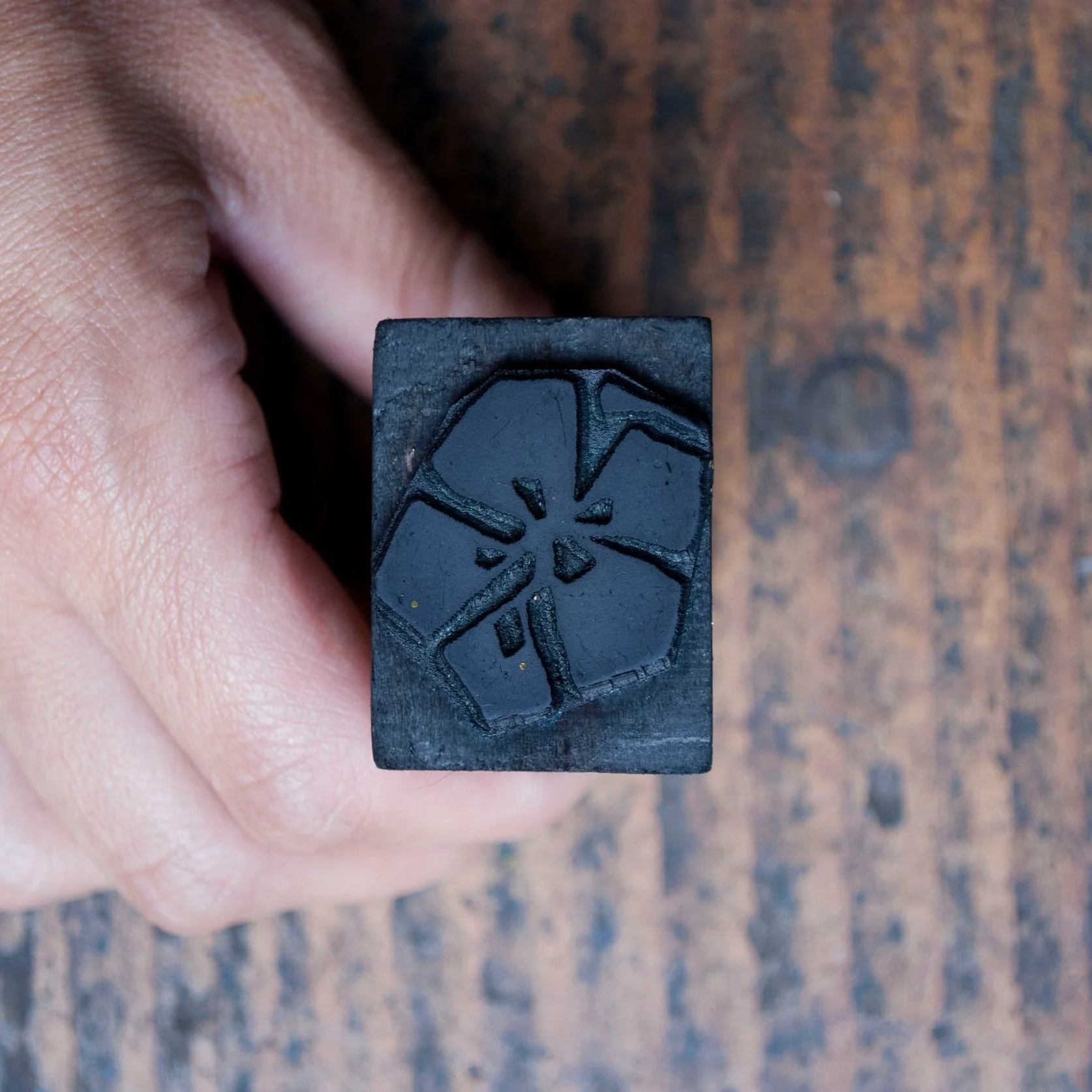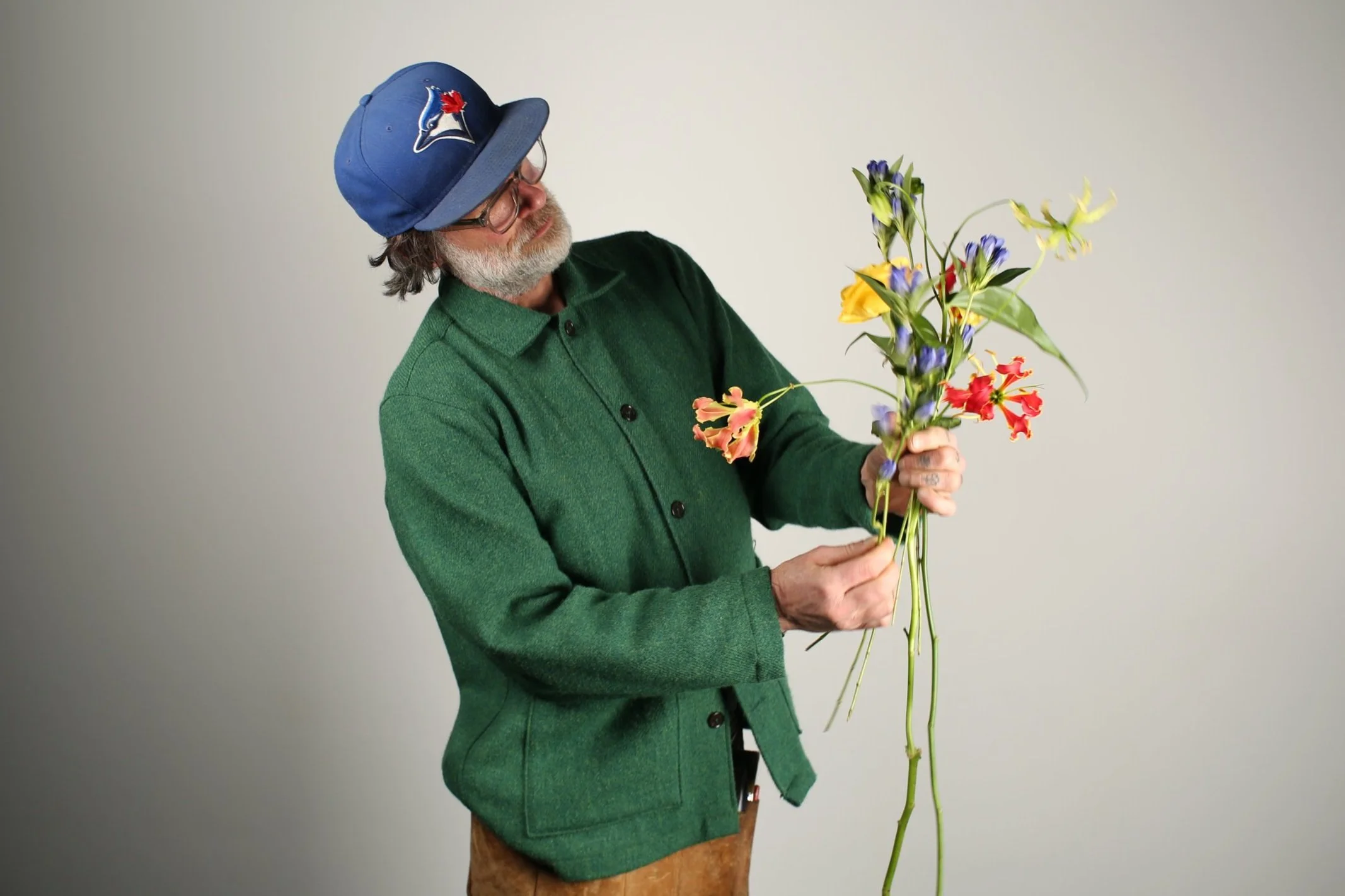KLavertje vijf
“What would you like the flowers to do for you?”
From what age did you know you wanted to be in this line of work?
From a really young age I gravitated towards this profession, at age 3 I was plucking flowers, kissing them, and getting really happy from them, I don’t remember any of that.
When I was old enough I had to choose a school, I wanted to go to chefs school but my mother asked me if I really wanted to do that, if I would not rather go to the flower school, so I ended up going to the flower school in The Hague.
In your second year of school you get to do an internship, I ended up in a flower store in Reiswijk, and once I started working there I realised that I really liked what I was doing there, I would have been 14 then so that was when I really knew I loved working with flowers and still do.
By following my feelings I ended up in the flowers, because they felt safe and my environment was unsafe.
With the flowers I could express myself, and after getting into flowers life started picking up, I started earning some money so I could be more and more independent, when I was 14 I was making good money, when I was 18 I was able to get my driver license, buy a car and live by myself because I was earning that well.
What would you describe as your inspiration in your early career?
I don’t know if looking back I’d be talking about inspiration as such, what is inspiration? being that young I wasn’t really thinking about any of that, I was just doing what needed doing and the inspiration came to me because things looked beautiful.
I think inspiration really came from the quality of the flowers and the beauty from them, and inspiration would come from that to then make beautiful bouquets or other floral works, 40 years ago everything was a lot simpler, nowadays things are naturally different.
Where did you begin developing your skills?
I started developing my skills at the flower store when I didn’t have to be the person standing outside handing over the flowers to customers anymore, those were the first 2 years, standing in 100 square meters of flowers and only being able to hand them over, that was when I was 14.
Handing customers the flowers taught me all the flower names because they had tags on them, at some point people started asking for bouquets, so I started putting bouquets together, and so, in a playful way I started developing my skills, learning how to buy flowers at the floral auction, learning how to drive a bus, learning how to drive a truck, then starting my own flower stand, slowly working through everything until finally I arrived at Klavertje Vijf, the flower atelier, and now I am a floral artist, but it all started with a 14 year old boy handing over flowers.
How did you become the owner of Klavertje Vijf?
The story of Klavertje Vijf started when a friend of mine had a flower shop in The Hague and wanted to quit, I wanted to take over the business but it wasn’t meant to be, so it was taken over by someone else, I talked to the new owner and he was someone kind of like an investor, I told him “if another flower stop happens to be on your radar I would like to think about taking it over” and a few months later Klavertje vijf popped up.
At the time it was called ‘klavertje Vijf, Bloem Boutique” it was co-owned by two women but one of them had severe allergies to flowers so they wanted to stop, I took it over in 1996 and renamed it from Bloem Boutique to Bloem Atelier because my previous business was a bloem atelier in The Hague on the Dennenweg.
How would you describe your creative process and it's evolution through the years?
My creative process has definitely evolved, this just naturally happens through the years by having the courage to be more daring, at some point I started being asked for loads of things, I’m busy in the Frans Hals museum, I’m being flown to Beirut, I go to China, I’m here, I do the most bizarre things with flowers so, I always say, where I am now is where most florist will kind of stop, but I have just started thinking, and that’s why these amazingly weird projects keep crossing my path.
What type of impact do you see your work have on your clients?
When someone walks into my atelier the standard question I ask them is “What would you like the flowers to do for you?”
When they tell me the story of why or for what they need their bouquet or piece I can fully immersive myself into the project.
With funerals this totally applies, I can communicate with the flowers, I can let them talk, for example through symbolism, is the piece for a family of four, then you can add 4 beautiful roses to the piece and have them prominently displayed in it.
When I have really listened to someone and taken everything in I go buy flowers with their story in my head, and then I give that story back when I make the floral piece, and I give the whole story back when I give the piece to the person.
Regarding funeral pieces, nine times out of ten the person breaks down crying when they see the piece. With non funeral related pieces you can see it spark a lot of joy, you can really make a big difference in a joyful bouquet if it needs to be for a young or old person, you can apply so many different styles, you just have to know how to play with them, and I understand that fully.
When looking back at your career, what are some big successes?
The biggest successes… opening Klavertje Vijf would be one, it has already been 27 years now so its a really big deal, and through that all the projects come, like being asked to make flowers for museums on location, or being asked to fly to Beirut because a rich family is getting married and they are asking if I want to make their wedding bouquets and do their interior floral design.
Or being asked by a fine art photographer to make a headpiece out of 200 orchids, and they haven’t a clue how to do that, I understand how those techniques work and I’ll just start, and seeing how that piece went worldwide and ended up in places like the Miami Art Fair and the Harper's Bazaar Magazine from England.
After having made my art, the pieces always get their own life, and seem to end up in bizarre places.
What is a lesson you have learned through the years?
A lesson I have learned through all these years is that I always, always go for quality, quality products in their season, that guarantees me that flowers will be fresh for 2 to 3 weeks in someones home. I have learned to never drop that quality and being able to say no when I either feel I can’t do something, or can but know it’s not who I am.
What are you looking forward to in the future?
Having my own garden full of flowers and being able to cultivate my own flowers, I don’t know if I’ll like it, but I am really looking forward to it, to be able to create with everything I have made in my garden.
The flower world, just like the farmers and places like Schiphol will get its turn as well, a whole lot will change, so before all of that happens I would like to already be ready for the next step. I have already started, I am busy with permaculture, how you design gardens, I start moving a lot more towards the self creating and cultivating of flowers.
The creating of floral art is something I am good at, now I want to make those flowers myself as well, and doing things with that, I want to give classes and more knowledge to the youth.
